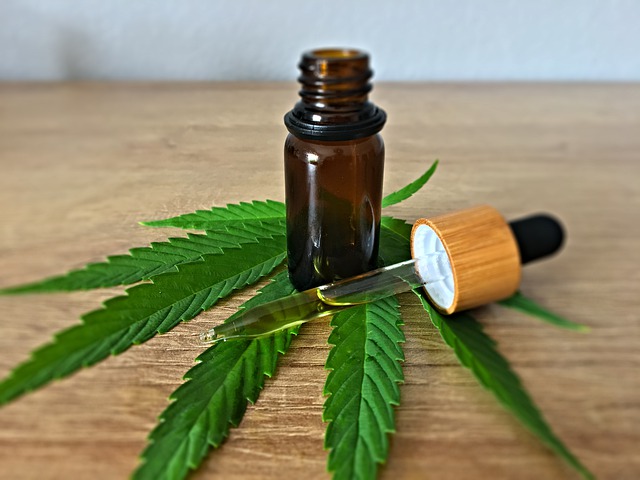One of the uses that have drawn the most attention with respect to CBD oil is based on its potential ability to regulate the blood sugar levels of those with different types of diabetes, either due to genetic predisposition or due to an inadequate balance of chronic nutrient in the diet.
What is the diabetes?
Diabetes mellitus or simply diabetes, is a condition described as a high level of glucose in the blood (blood sugar), either due to inefficient insulin production or because the cells of our body do not respond well to insulin. Insulin controls the amount of glucose; therefore, the glucose level must be kept to a certain minimum for the brain to function normally. After eating foods rich in carbohydrates or proteins, the blood sugar level normally increases; this increase triggers a release of insulin from the cells of the pancreas called beta cells. Insulin “opens the doors” of cells throughout the body, allowing glucose to enter them, and as glucose enters cells.
In people with diabetes, glucose builds up in the bloodstream instead of being absorbed and used by cells, leading to hyperglycemia. If not properly controlled, diabetes can lead to heart disease, kidney disease, edema, nerve damage, and infections of the mouth, gums, lungs, skin, feet, bladder, genitals, and skin ulcers, polyuria (frequent urination ), polydipsia (intense thirst) and polyphagia (intense hunger).
Monitoring blood sugar levels is a key component in the treatment and management of the disease. Research has indicated that people who keep their blood sugar levels within the individual target ranges set by their doctor have a good chance of reducing the risk of associated complications. In many cases, intensive lifestyle changes in diet and exercise can prevent, reduce, or delay the risk of developing diabetes in adulthood.
CBD Oil Action Against Diabetes
Cannabidiol, or CBD, is a cannabinoid compound that has been studied in recent years with great interest due to its tremendous therapeutic potential within various chronic diseases and conditions. We have received the latest developments regarding studies of cannabinoids in different disease models; in this case, the use of CBD within diabetes.
CBD Com has the ability to promote anti-inflammatory metabolic cascades after coupling/binding to its endogenous cannabinoid receptors within our endocannabinoid system. As a consequence of the presence of CBD, it is suggested that sugar metabolism and the immune system are also affected by its properties.
Potential of CBD oil on diabetes:
- Glucose level stabilizer
- Anti-inflammatory action
- Neuro-protective effects
Sources for the Creation of CBD Oil?
The only plant today capable of acting as a source of this compound is Cannabis sativa. However, you must have a very special strain of this plant, in order to have the purest and therapeutically valuable form of CBD, for this, the use of industrial hemp is necessary, which has no potential to be used as a plant psychotropic since their THC concentrations are very low.
It is also recommended that CBD-rich end products such as oils have organic materials free of pesticides, herbicides, and pathogenic microorganisms. In this way, there will be no cross-reactions, and the individual will be able to benefit from the properties of CBD in a more pure and unaltered way.
